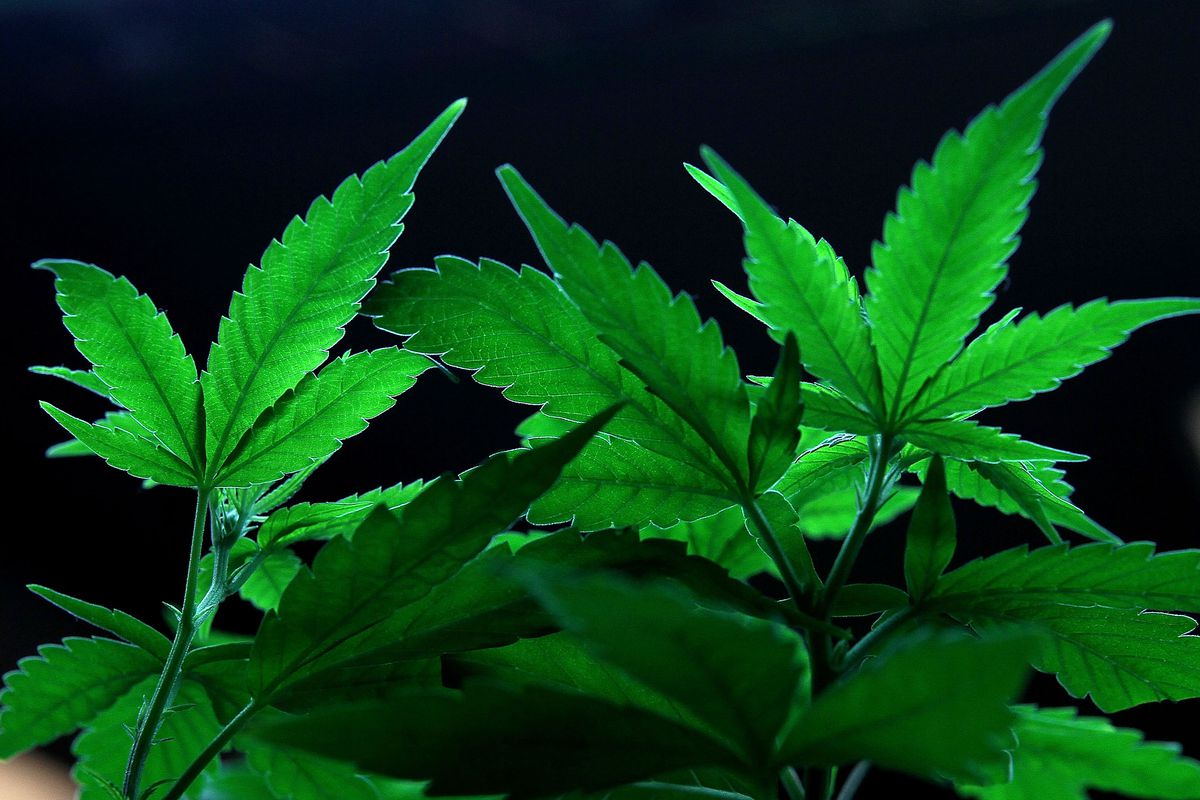Movements
It’s Time To Remove Cannabis From The Federal Drug Schedules

Whenever the Controlled Substances Act (CSA) passed nearly 50 decades back, it established a classification method, called medication programs, that prescribe the way the national government views and reacts to specific medication compounds. Under this method, those listed on Schedule I’m generally perceived as dangerous, using a higher potential for misuse, and with no approved medical use.
Heroin, LSD, and Ecstasy are on the CSA’s Program I — as is cannabis.
The matrix descends based on a diminishing abuse potential and raising medical usage, meaning that in the Program V level, added medications are standard over-the-counter drugs, “generally employed for antidiarrheal, antitussive, and analgesic functions,” based on the United States Drug Enforcement Administration.
In theory, this seems sensible, however, in practice, it isn’t. To begin with, the Schedule I designation signifies the national government viewpoints cannabis to be more harmful than cocaine, crystal meth, and fentanyl, all which are on Program II. For a different, 33 states and the District of Columbia have disagreed and found fit to legalize cannabis for recreational or healthcare functions.
That is why it’s long past time for cannabis to be descheduled.
An integral standard for Schedule I list is a drug has no currently accepted medical use. This runs against the simple fact that certain countries have legalized cannabis for medical use so that doctors can prescribe it for individuals dealing with a number of maladies, such as epilepsy, cancer and Parkinson’s Disease.
At the national level, that the Food and Drug Administration has declared three cannabanoids, a derivative of cannabis, for use in medication. By way of instance, Epidiolex comprises the non-psychoactive chemical cannabidiol (CBD) derived from cannabis to treat seizures related to two uncommon and severe types of epilepsy. The FDA also approved synthetic cannabinoids for cancer sufferers undergoing chemotherapy and AIDS patients.
Also Read: Port Hardy council has sent a second cannabis application to LCRB for consideration
This is a little beginning, however, for more drugs through the FDA process, more study is required to make a scientific consensus. 1 reason there’s been so small in the USA is because cannabis is recorded on Schedule I, a designation that makes significant barriers to chasing federally funded research to possible health advantages. This was lately backed up from U.S. Surgeon General Jerome Adams, who explained, “among those issues that I have with bud is the problem that people must do research on it, due to the scheduling system” Interestingly, it’s simpler to acquire approval and funding for cocaine study, and it is a Schedule II drug.
This present study shortage leads labs to make conclusions based on a vacuum of data, and that may cut both against and for medical usage urges. The state and national authorities, doctors, and patients want more information and decisions.
Additionally, considering prevalent state-level legalization, running proper research is more significant than ever. We all know already, as an instance, that cannabis has possible past THC’s damaging effects. As stated by the National Institutes of Health (NIH), “THC can increase appetite and decrease nausea” and”can also reduce inflammation, inflammation (swelling and redness), and muscular control issues.” NIH also admits CBD because of cannabinoid with medical attention because of its possible use in”reducing inflammation and pain, controlling epileptic seizures, and even curing mental illness and dependence”
Cannabis plants also create a number of different substances that have shown wellness possible, such as terpenes, that are responsible for the varying aromas, tastes, and impacts caused by consuming cannabis solutions. Loosening constraints will allow physicians and researchers to look carefully at the chemical structure and consequences of cannabis, improving our understanding and producing applications more safe and effective.
Also Read: Seriously, this is the time to reevaluate Idaho’s cannabis laws
Really, it is upsetting that, historically, it’s been much easier to acquire funding to examine the possible misuse of cannabis compared to its possible medical benefits.
That might be changing, however. Before this year, FDA officials known for public comments about possibly altering scheduling for 16 materials, such as cannabis. And, in a recent report, the Senate Appropriations Committee wrote that”in a time once we want as much advice as you can about these medications, we ought to really be diminishing regulatory and other obstacles to conducting this study.”
There’s not any doubt that if cannabis is descheduled, it is going to be a blessing for the business. In the minimum, it is reassuring that a few from the national government have started to admit the need to have a good look. Cannabis and its possible advantages are entering the mainstream of American culture, and taking away the obstacles to knowing it’s long overdue.
